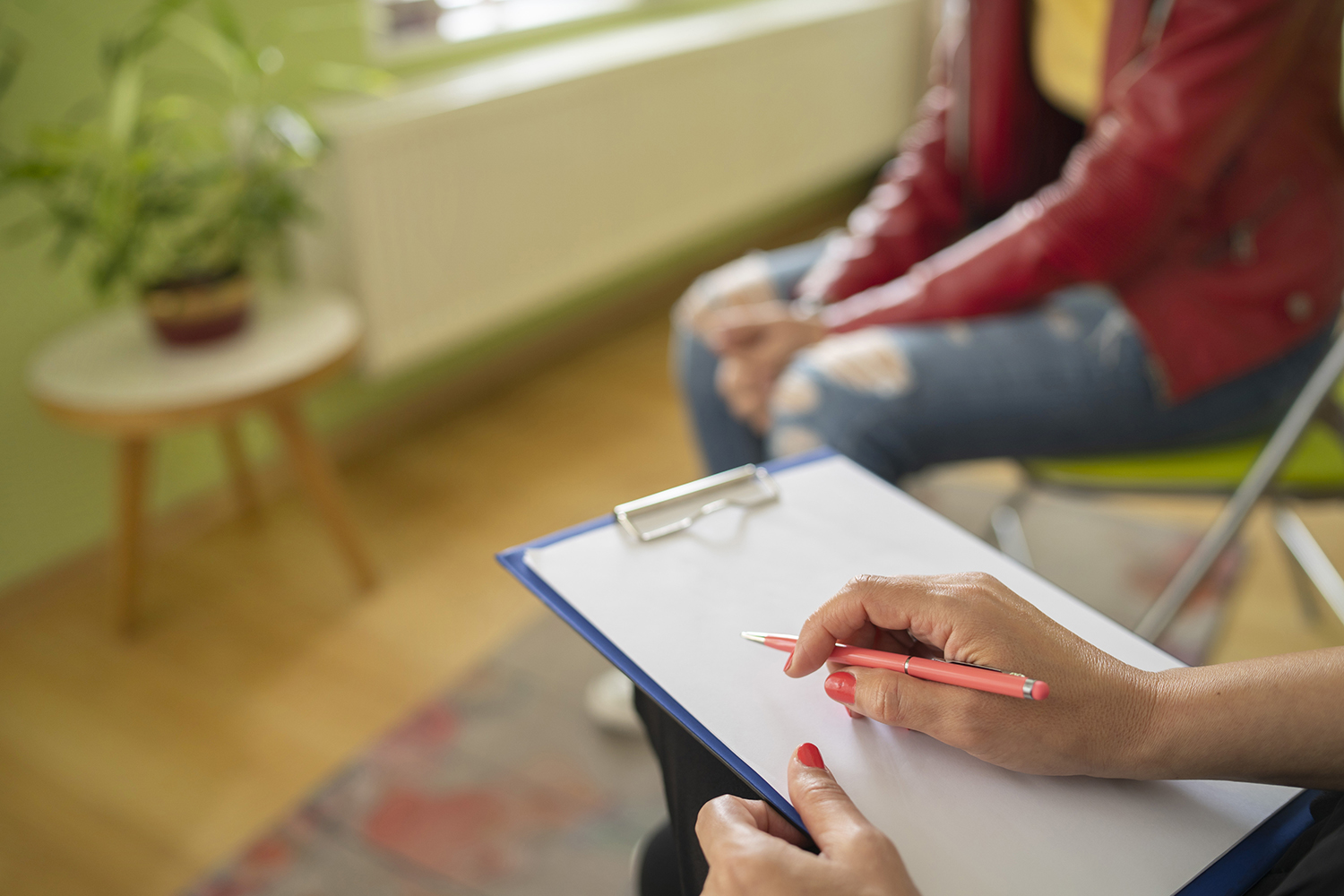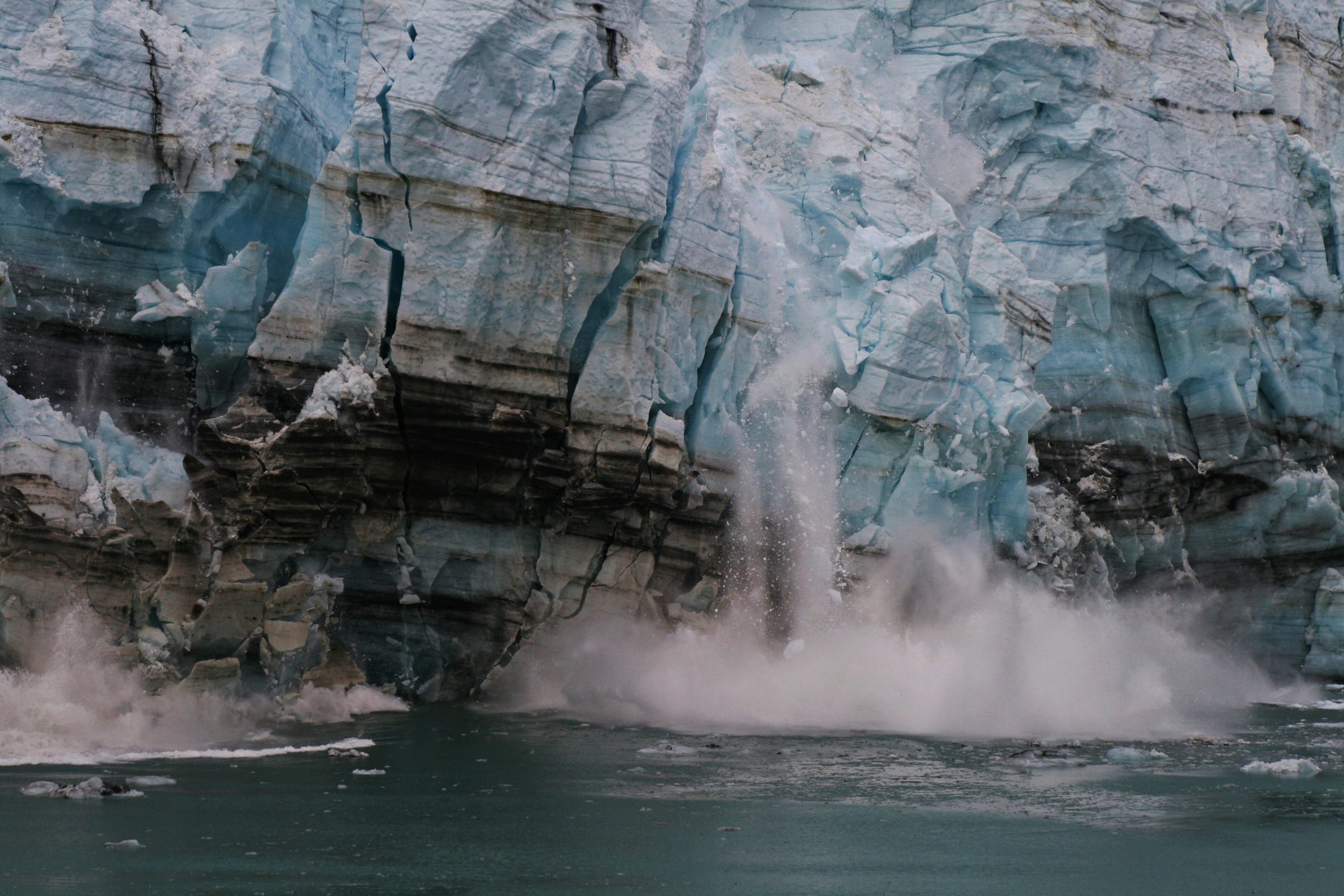by Kate Kurtin
Many college students dream of making a difference in vulnerable communities around the world; many others fantasize about simply getting off campus for the summer and traveling to new and exciting lands. Members of the UConn chapter of Engineers without Borders (EWB) do both. This past summer, M.S. candidate Robert Yau, junior Christina Natale (Biomedical Engineering) and Ph.D. candidate Menberu Bitew (Civil & Environmental Engineering), traveled to Ethiopia with their advisor, Dr. Mekonnen Gebremichael (Civil & Environmental Engineering) for a reconnaissance mission in a small community by Lake Koka in South Central Ethiopia.
 Lake Koka is fraught with peril. What used to be a large body of fresh water for fishing, drinking, and irrigation is now threatened by contamination from new businesses in the area. When these businesses arrived, they began depositing chemical waste into streams that feed into the lake, causing toxins to build up in the water. “The community uses this lake water as their only water source,” Christina explained. “This is their drinking water, irrigation water; the cattle drink this water. . .it is everything,” she continued. The contamination has profoundly affected the health and stability of the rural community: people and cattle are becoming ill and the crops are dying. Christina explained that the EWB team went to Lake Koka specifically “to try to find a new way to provide residents with potable water — by drilling wells, finding aquifers, things like that.”
Lake Koka is fraught with peril. What used to be a large body of fresh water for fishing, drinking, and irrigation is now threatened by contamination from new businesses in the area. When these businesses arrived, they began depositing chemical waste into streams that feed into the lake, causing toxins to build up in the water. “The community uses this lake water as their only water source,” Christina explained. “This is their drinking water, irrigation water; the cattle drink this water. . .it is everything,” she continued. The contamination has profoundly affected the health and stability of the rural community: people and cattle are becoming ill and the crops are dying. Christina explained that the EWB team went to Lake Koka specifically “to try to find a new way to provide residents with potable water — by drilling wells, finding aquifers, things like that.”
Robert said that while the community’s main concern was to find a clean water source, a secondary problem was the high rate of malaria that afflicts the residents. The students were able to meet and interview community members about what they are currently doing to combat these issues. Based on its initial findings, the team has set its sights on water purification techniques and on helping to reduce malaria in the area.
Now that the students are back on campus, their objective (aside from developing proposals aimed at securing additional funding) is to investigate innovative approaches to malaria prevention, according to Christina. The team developed deep compassion for the residents of Lake Koka, whose lives are so intertwined with the quality of their water supply. Fortunately, their plight is being studied by not only EWB but also various non-governmental organizations (NGOs). Specifically, Dr. Gebremichael has tasked the team with brainstorming alternatives to DEET-based (N,N-Diethyl-m-toluamide) insect repellants, which are implicated in certain health disorders, with a solution that is better for the people, better for the environment, and therefore solves the issue of malaria without a large health impact.
Christina and Robert got involved with this project through the efforts of Dr. Gebremichael, a native of Ethiopia who has been doing work on predictive weather patterns in the region for the past three years. Robert said that during an EWB meeting last year, Dr. Gebremichael introduced the idea of taking two students on a reconnaissance mission to Ethiopia to identify potential projects that would benefit from student involvement. Dr. Gebremichael’s motivation for this was simple. He explained, “Training in a real-world international setting is one of the best tools to develop independent learners trained in global issues.” Because of this, he is extremely supportive of finding ways to get students involved in research over seas.
 To make their current research plan a reality, the students will be submitting a project proposal to the national Engineers Without Borders (USA) to implement both the water quality project and the malaria project. Already on the horizon for EWB for next summer is a trip to Nicaragua to build a permanent roadway between a small shantytown and a main city. “This roadway is very important because it connects the extremely impoverished community of La Prusia to the city of Granada,” explained chemical engineering sophomore Ethan Butler, current president of the UConn chapter of EWB and lead student organizer on the Nicaragua project. The team will expand upon a study conducted by a previous EWB team, which concluded that without this road the town will remain socio-economically stifled.
To make their current research plan a reality, the students will be submitting a project proposal to the national Engineers Without Borders (USA) to implement both the water quality project and the malaria project. Already on the horizon for EWB for next summer is a trip to Nicaragua to build a permanent roadway between a small shantytown and a main city. “This roadway is very important because it connects the extremely impoverished community of La Prusia to the city of Granada,” explained chemical engineering sophomore Ethan Butler, current president of the UConn chapter of EWB and lead student organizer on the Nicaragua project. The team will expand upon a study conducted by a previous EWB team, which concluded that without this road the town will remain socio-economically stifled.
“We are in the planning stages of the next trip still,” Ethan went on. Tentatively, EWB is hoping to send three students, including Ethan, to the area to collect and analyze soil samples and topographic information in order to have a better idea as to what it will take to establish a permanent roadway. While Christina and Robert returned to campus to brainstorm malaria and water treatment solutions, Ethan and his team will ideally be designing the roadway, securing funding, and eventually implementing their design and having a permanent effect on the vulnerable community of La Prusia.
To learn more about the UConn chapter of EWB, or to donate funds toward the chapter’s efforts in Ethiopia, Nicaragua and other locales, please e-mail:engineers.without.borders.uconn@gmail.com. EWB meets alternating Mondays, at 7:00 p.m. in SU321. To learn more about the national EWB, visit http://www.ewb-usa.org/chapters.php?ID=890.


